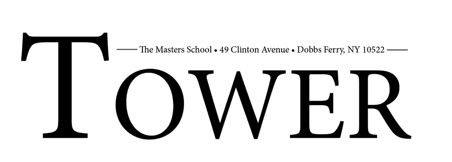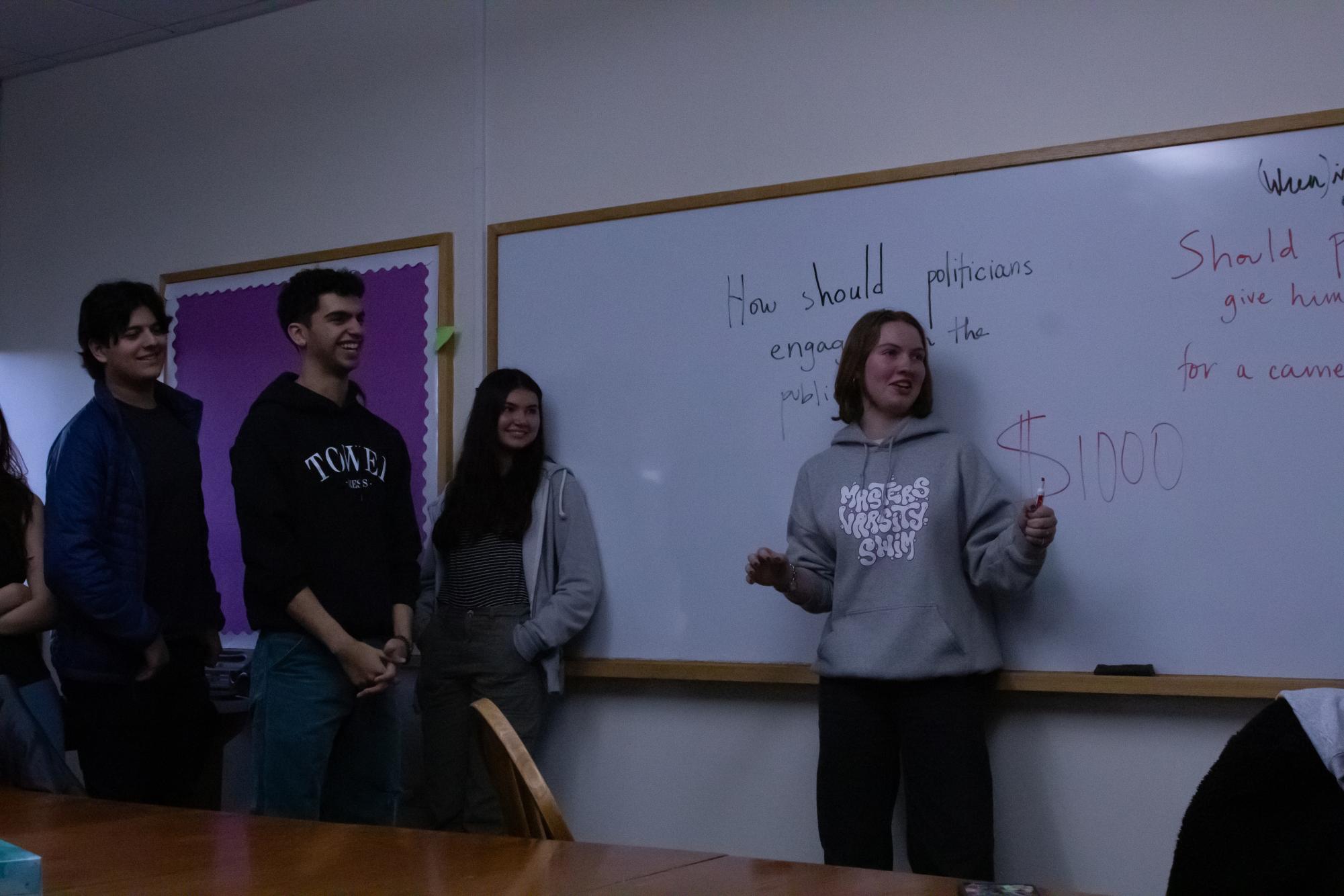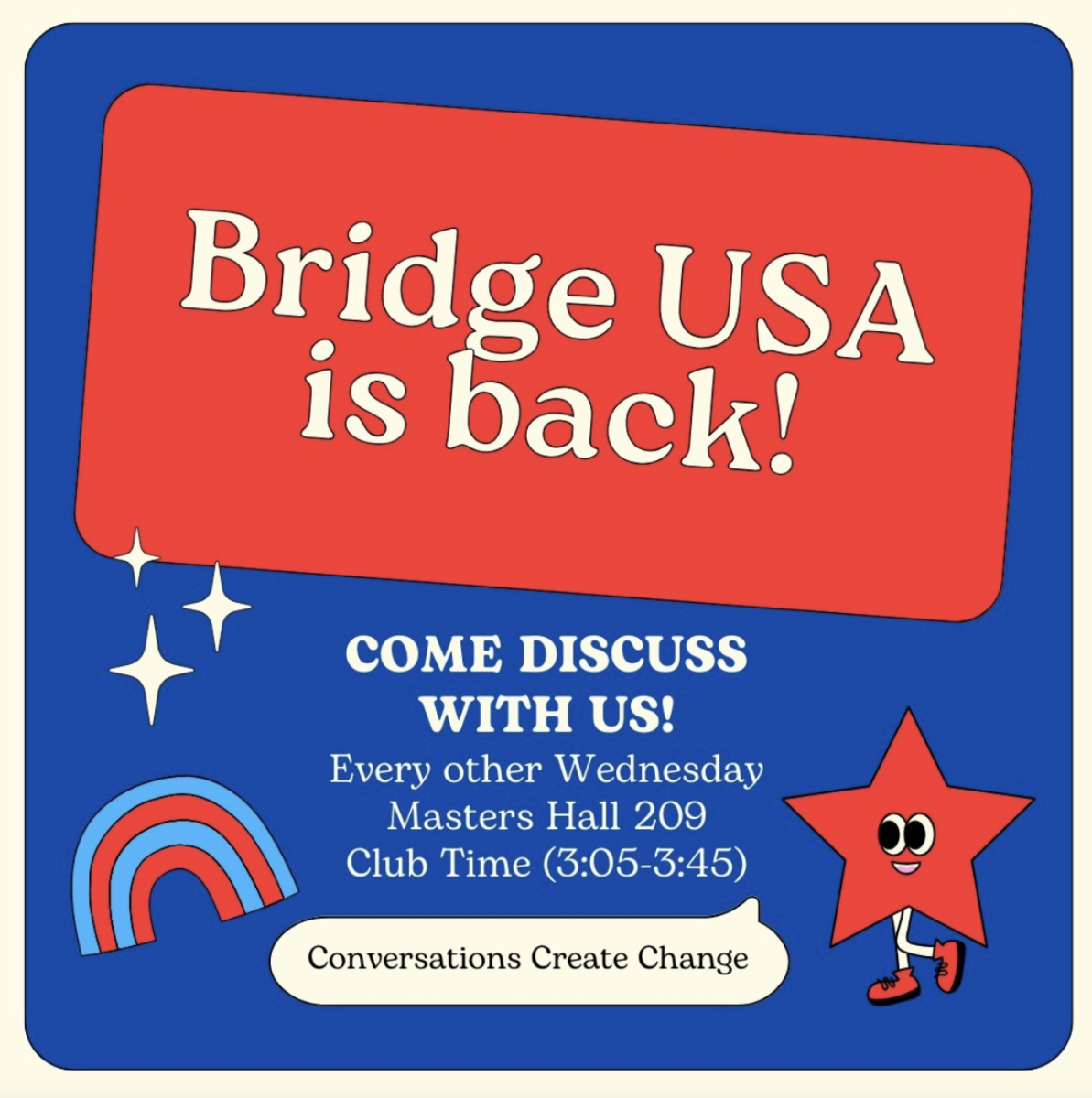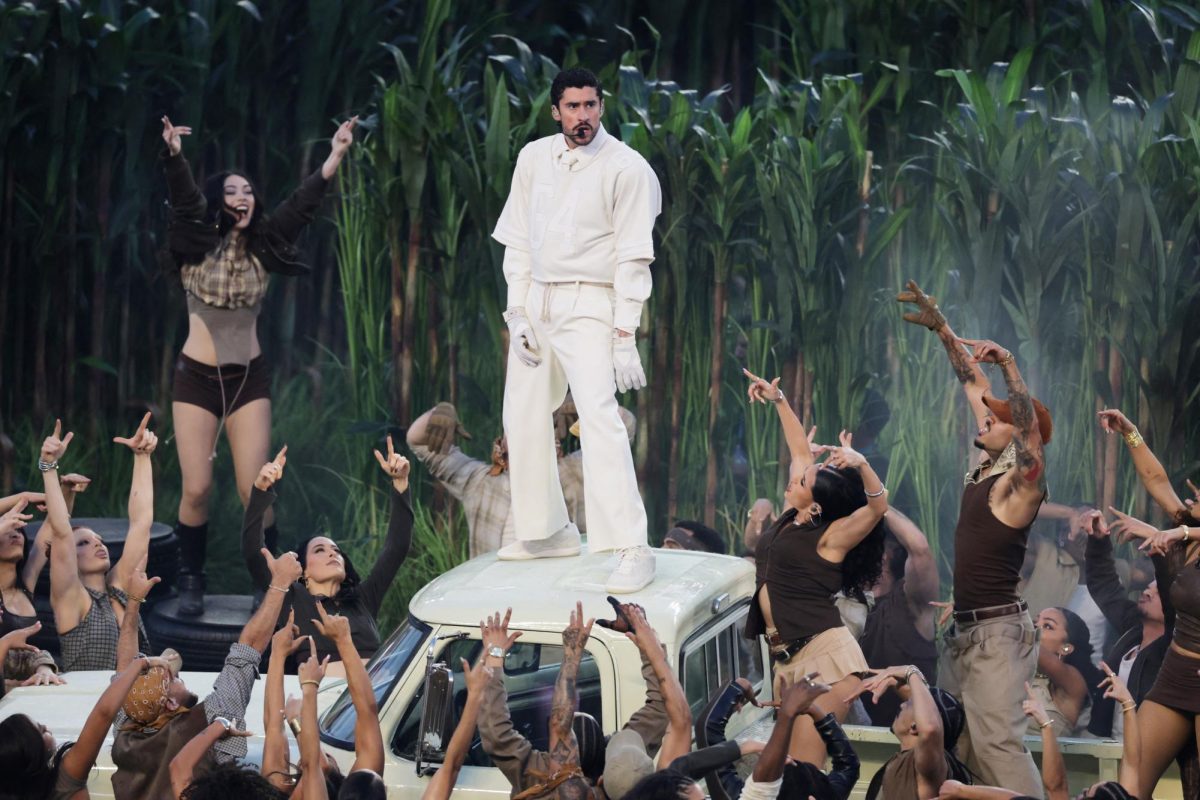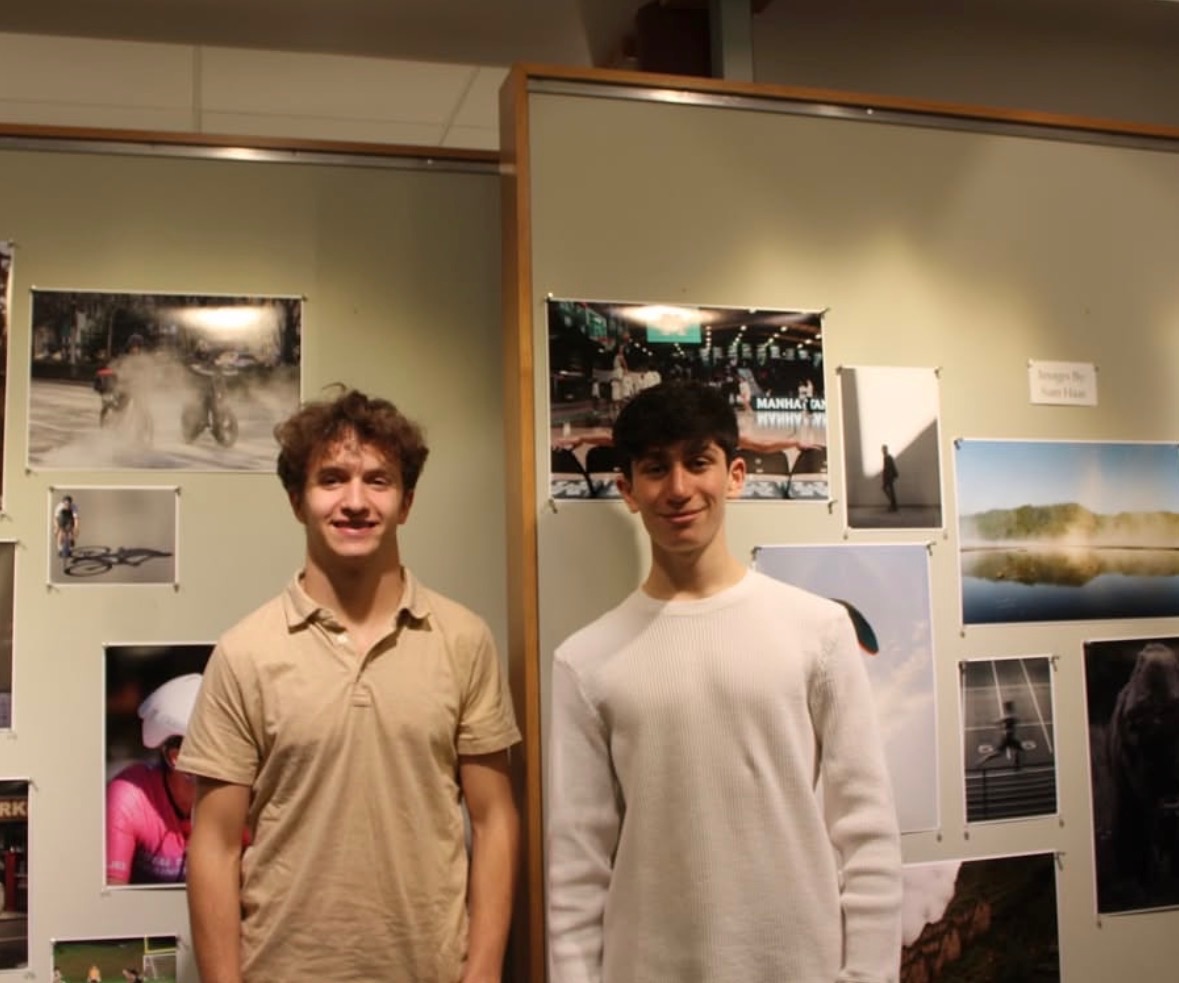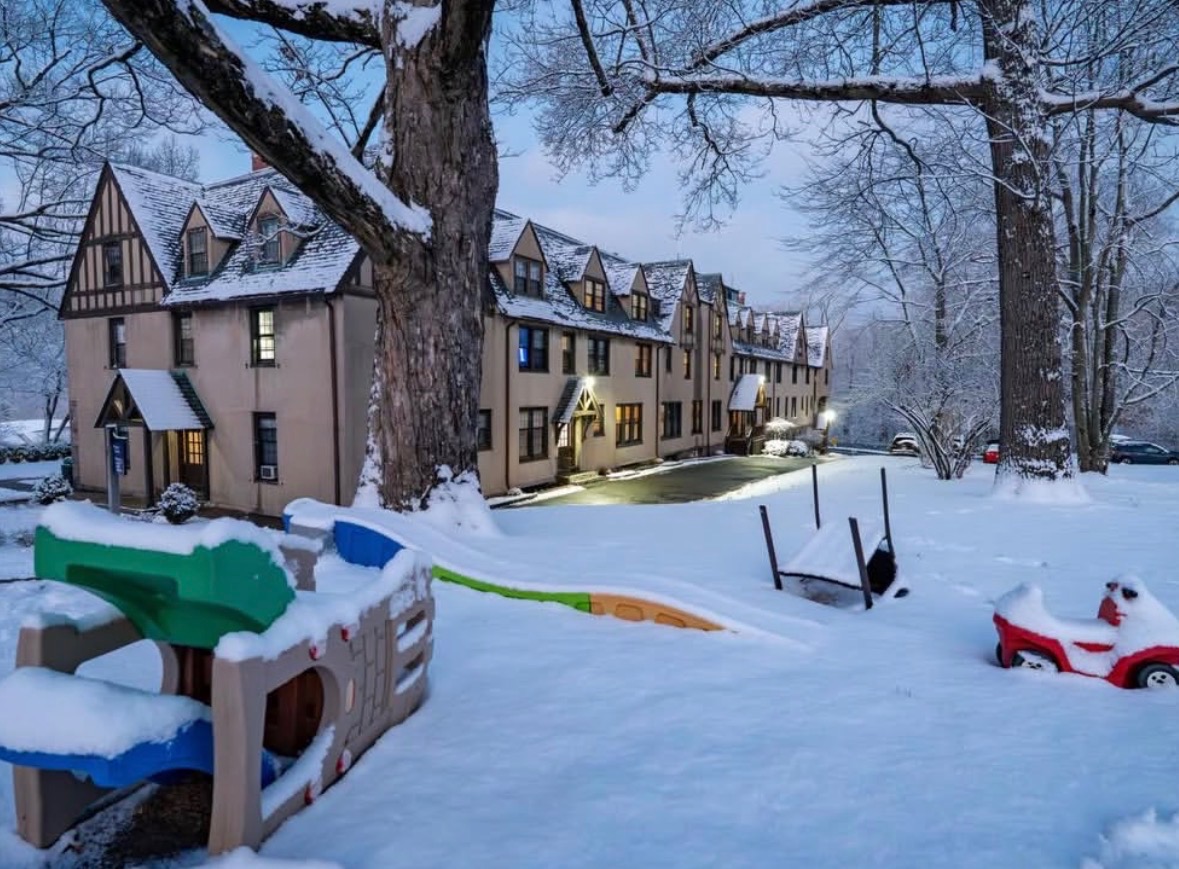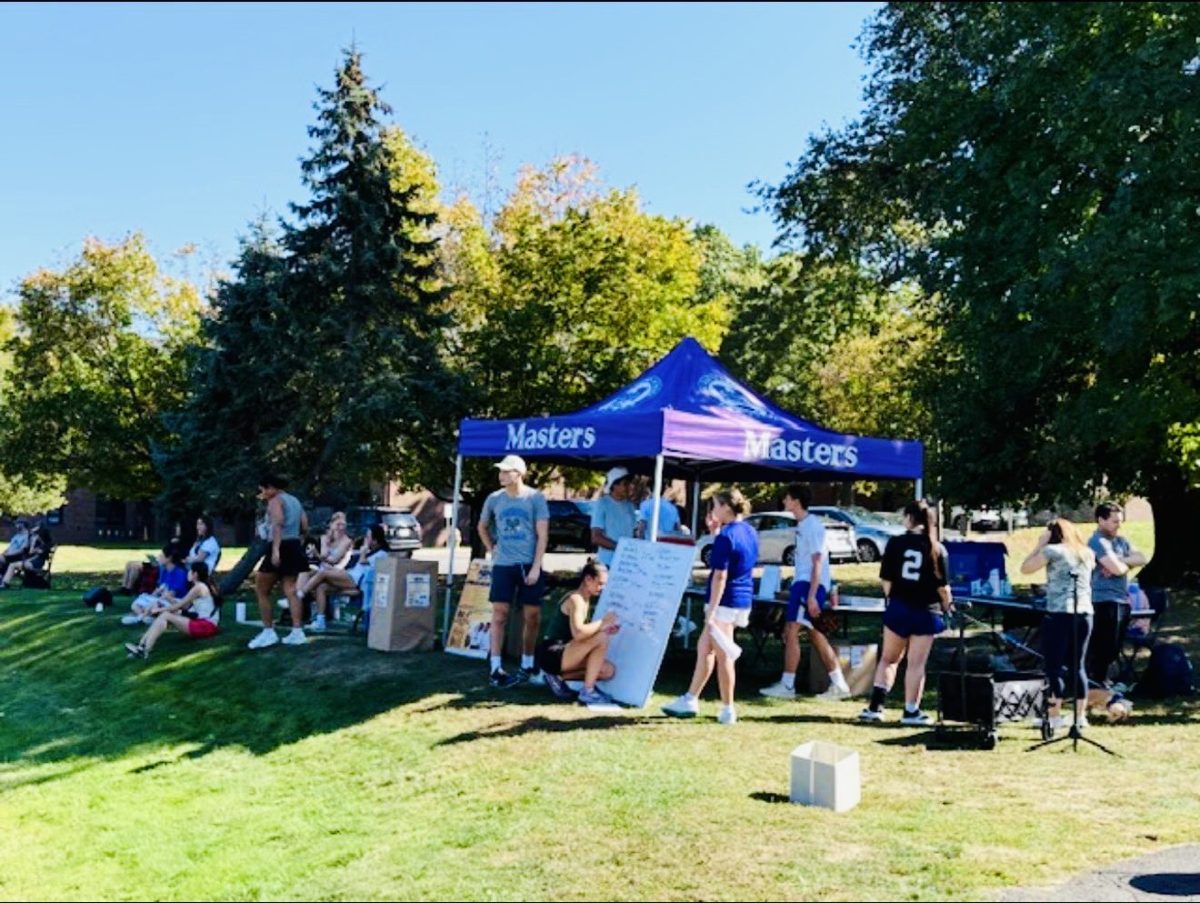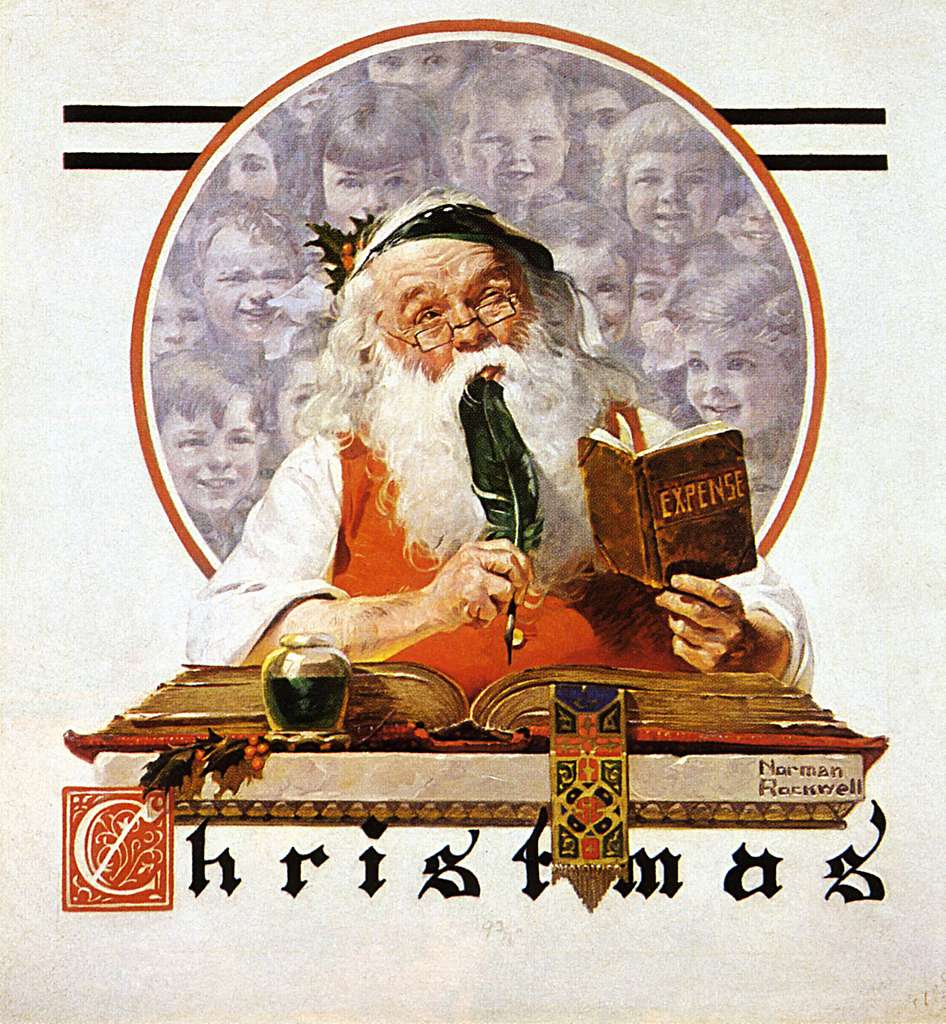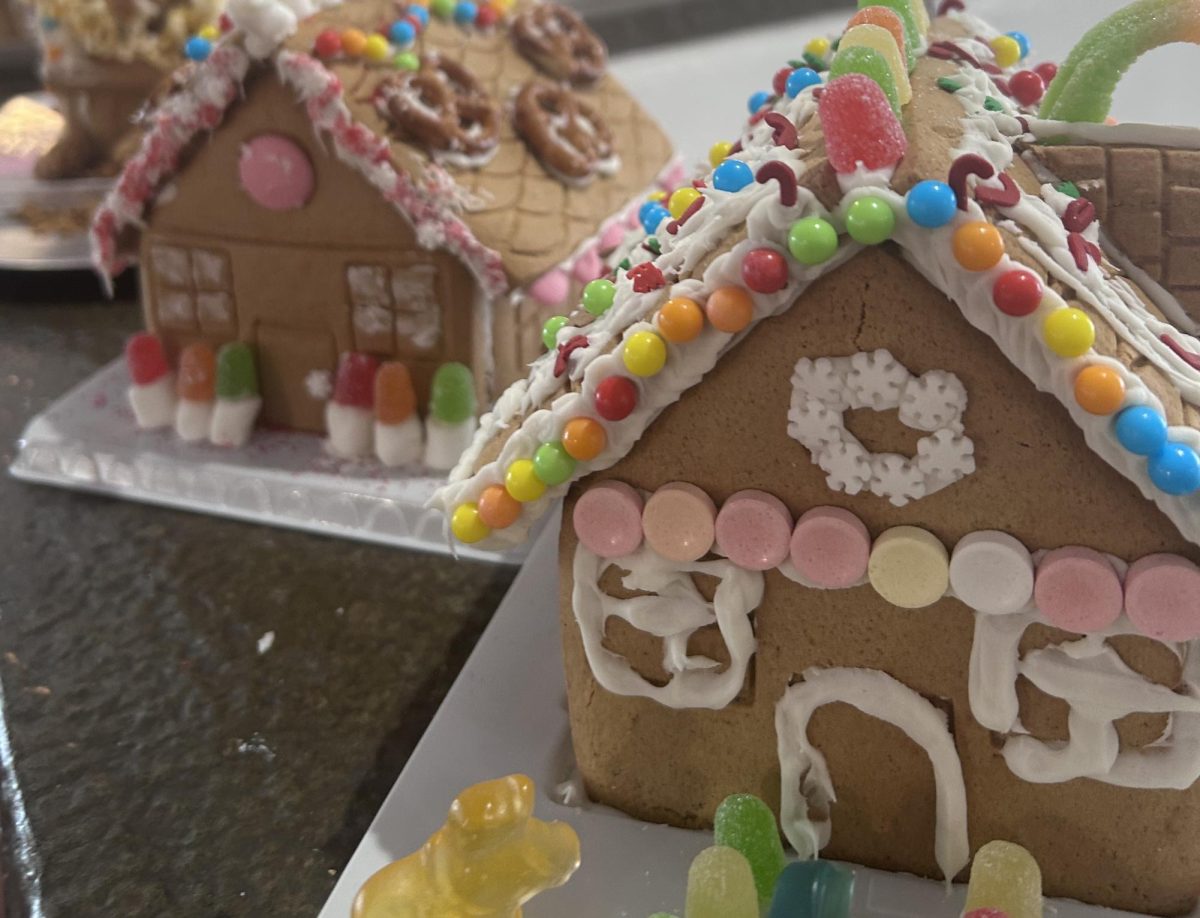Navigating a frequently polarized political landscape can feel like skating on thin ice, especially within a smaller school community like Masters. As partisan lines deepen, conversations become battlegrounds and minority opinions often get silenced, but finding a safe haven for voicing one’s thoughts is essential. BridgeUSA, widely known at Masters as Bridge, which stands out as a center for meaningful and diverse discussions that differ from traditional club activities.
Bridge gathers every other Wednesday, providing its members with a designated time to dissect, deconstruct, and deliberate on an array of topics proposed by students or curated by club leaders Violet Paull ‘24, Aviv Emery ‘24, and Caleb Tuckman ‘24, and secretary Jesse Gelman ‘25.
However, for many, their knowledge of Bridge is confined to Instagram posts announcing the weekly areas of focus.
Unveiling BridgeUSA: More Than Just a Club
The essence of the club is greater than mere announcements. Bridge covers a wide range of topics in a myriad of ways, by employing diverse formats and techniques. Reflecting on a past meeting, Paull shared how the club explored the question: should Masters offer AP classes?
“We did that as a ‘four corners’ activity, so everyone got to represent where they believe they stood on the belief spectrum, without necessarily having to voice that opinion,” she said.
Some examples of discourse include examinations of online gender trends like “girl dinner,” meant to represent femininity, juxtaposed with the grandeur of the Roman Empire, serving as a symbol of masculinity. When the club leaders decide on a topic themselves, that decision-making process creates intriguing conversations within itself.
“Trying to figure out where we can look for what people would disagree on is a big thing,” Paull said. She continued, “[It’s] not necessarily to change their minds, but to get them to understand the opinion of the other side.”
Emery, Paull and Tuckman often bring up controversial topics.
Emery noted, “One little sneak peek: we’re planning on doing [a discussion] about reclaiming hate speech or symbols.”
The Significance of Bridge in the Masters Community
Masters, with its commitment to the Harkness method, values open dialogue on understanding one another through talking, a principle embraced and expanded upon by Bridge. Bridge came into existence at Masters by its club leaders with a clear purpose – to provide a place where individuals can express their opinions freely outside of a classroom environment.
Paull emphasized, “People should have a space where they can talk about an issue that’s important to them or interesting to them, and not feel like they’re under surveillance.”
She talked about how Bridge allows students to find common ground between party lines, and get the chance to hear viewpoints that may differ from their own. The club goes beyond discussion, with moderation training to alter the way participants perceive polarizing language, which enhances communication and Harkness skills.
Ella Horowitz, ‘25, a second-year Bridge member, mentioned how sometimes club leaders give presentations to help students cultivate these abilities.
“I remember last year Violet gave a presentation on how to work on listening skills and [engaging in] conversation with someone that disagrees with you,” she said.
In addition, Bridge can help students better comprehend why they believe in something based on their values.
“Bridge challenges me to really ask myself why I believe certain things, and it gives me the opportunities to look into other opinions and learn more about certain topics and become more informed,” Horowitz commented.
Bridge on a Larger Scale
The national BridgeUSA organization originates from Braver Angels, which is essentially a Bridge for adults. Emery said, “They decided that it would be really beneficial to also make that a high school and a college thing because right now, a lot of the political divide that’s happening is with younger people, because people are so on each side of the political spectrum,” which is why Bridge stands as a high school and college program today.
According to the BridgeUSA website, “Our [BridgeUSA’s] high school chapter network was created by merging existing Real Talk and Acceptance Project programs on high school campuses across the nation.” There are currently 50 college and 20 high school chapters of BridgeUSA, with each high school chapter connecting with a corresponding college chapter. At Masters, our Bridge has meetings once a month with a representative from the University of Maryland. Unfortunately, the closest Bridge chapter to us is at SUNY Binghamton, meaning that there are limited opportunities for a wider-scale collaboration.
Bridging Towards the Future
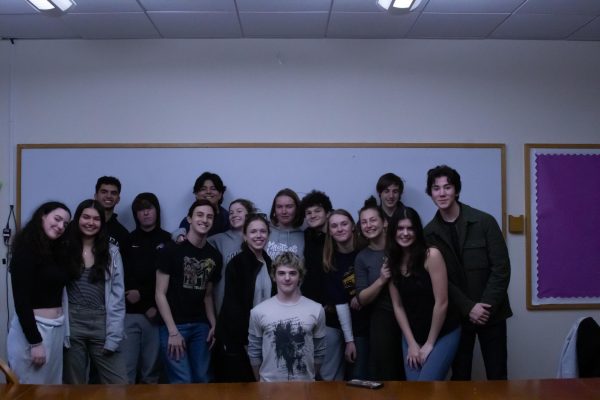
Looking ahead, Bridge at Masters harbors ambitious plans. Paull said, “We really want to run a moderation and civil discourse Martin Luther King Day workshop.” Additionally, the chapter is gearing up for a Summit in Chicago during the summer, where representatives from Bridge chapters nationwide will converge in a conference setting. “I know that it’s basically going to be a lot of Bridge leaders from around the U.S. and we’re all going to come together and have discussions, to talk about our own bridge chapters,” Emery said.


